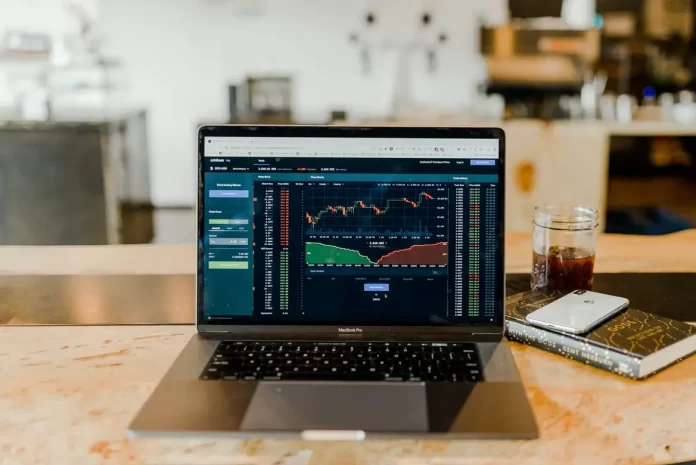Exchange markets are the best illustration of how the law of supply and demand works. That is, in the stock market, prices are constantly changing, shifting toward an equilibrium that depends on supply and demand.
Therefore, the price quoted at any given time for any particular stock is simply the price for which the stock was sold during the last trade.
That is, a stock market is simply a tool that helps sellers and buyers meet, but prices are determined solely by supply and demand. This means that trading only happens when there are willing sellers of a stock (the selling price) and there are willing buyers (the bid price). The point where these prices are equal is the market equilibrium. However, if the demand for a stock increases (that is, there are more people willing to buy it than willing to sell it), then the price will also increase. Conversely, if there are more people willing to sell than those willing to buy the stock, the price will go down.
So why does the opening and closing price differ?
The closing price is simply the last price at which a stock was purchased before the close of the exchange on which that stock is traded. The opening price may not be the same, as it is simply the price of the first transaction on the next trading opening day. And sometimes, if the supply and demand for that stock have changed in the period that passed between the close and the open, then the opening price may also be significantly different from the closing price.
This is the reason why opening and closing prices are not always the same.
What are the reasons for changing the stock price between closing and opening
Companies monitor the price of their stock and tweak press releases in many ways so that they come out when the market is closed. This gives the company a chance to track the market reaction and more time to react to it.
Moreover, in general, a lot of news comes in when the market is closed. However, the news is a factor that allows investors to make a reassessment of a company’s stock price. Therefore, news that comes after the market closes affects the stock’s value when the markets reopen.
That is, the price of shares can change without bidding. Simply because when the markets reopen, the balance of supply and demand has changed and the equilibrium price is at a different point (that is, the stock has a different price).






